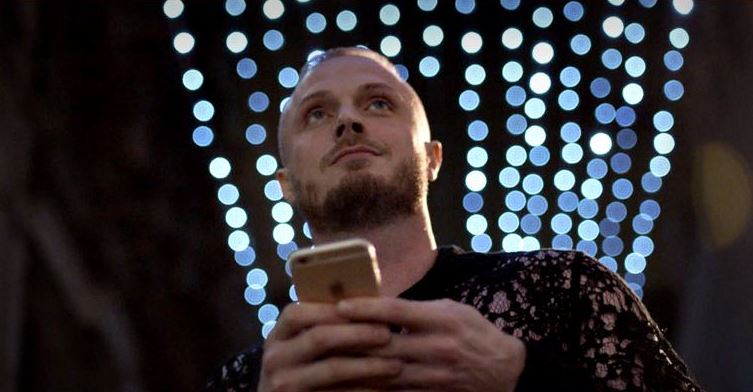×
The Standard e-Paper
Kenya’s Boldest Voice

Greg Owen wanted a new drug, not available through the NHS, that would stop him becoming HIV-positive. But it was too late - he already had the virus. Despite this, he and a friend worked on an ambitious plan to help thousands of others get the new treatment.
"You know when you do one thing… when your whole life changes? Pressing that send on Facebook was actually the moment my whole life changed."